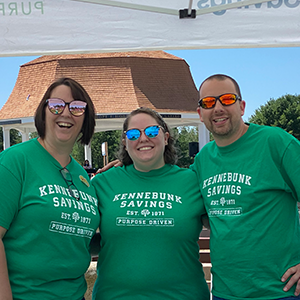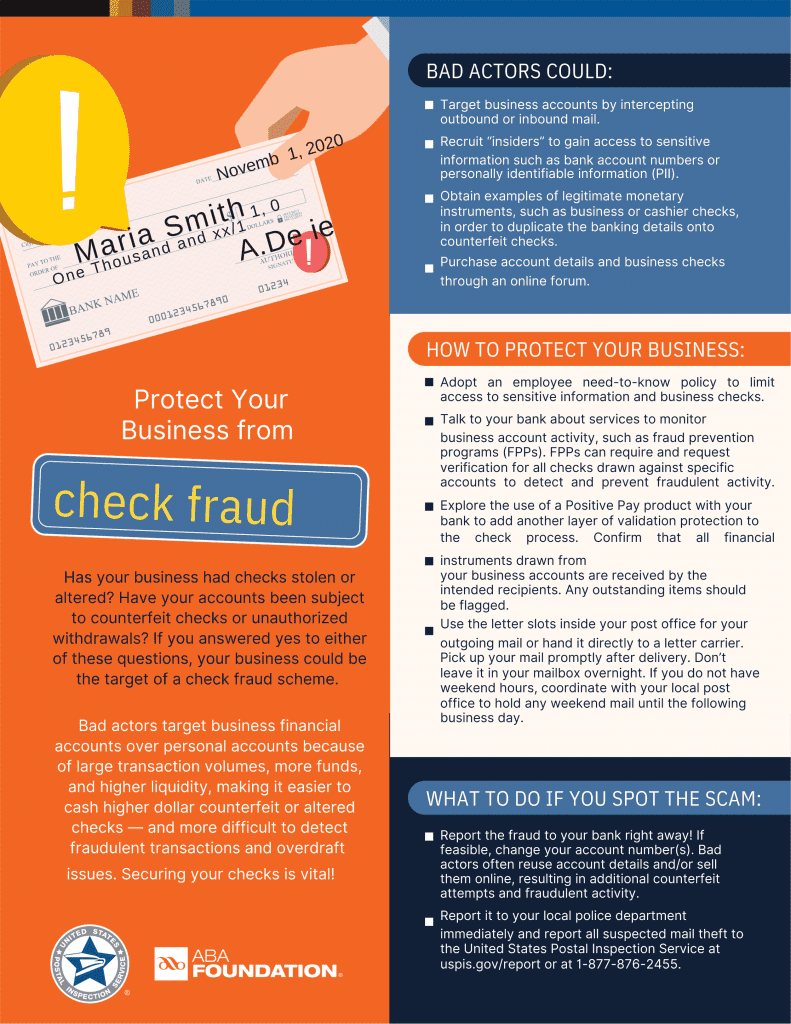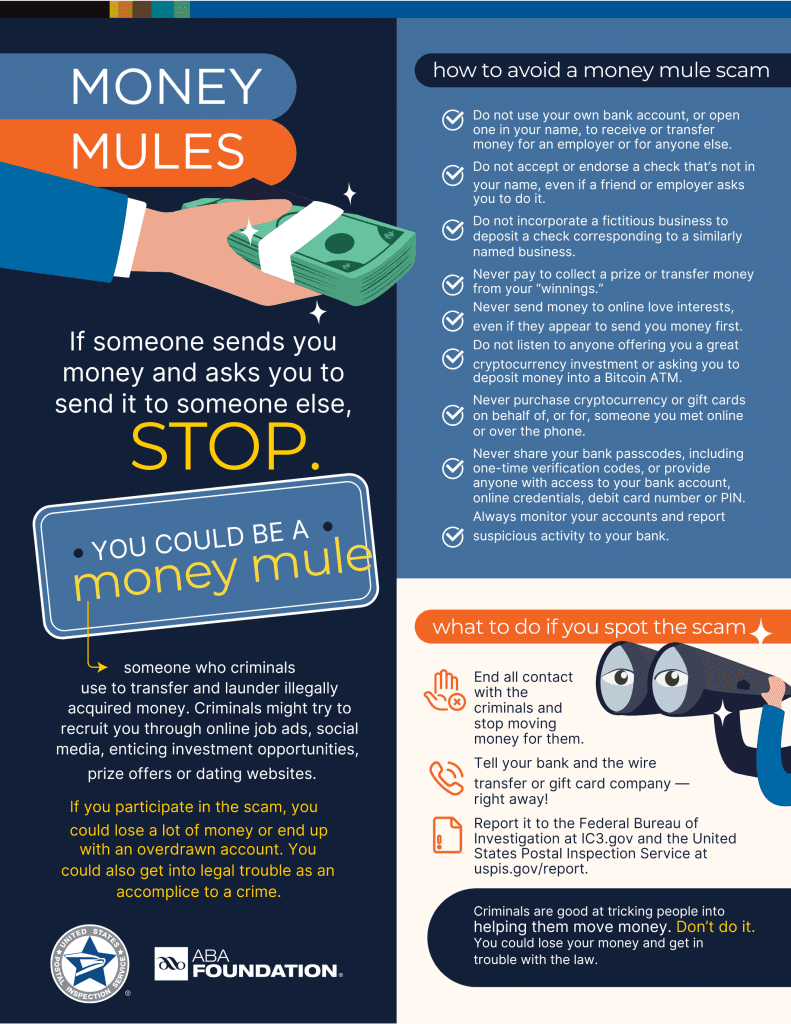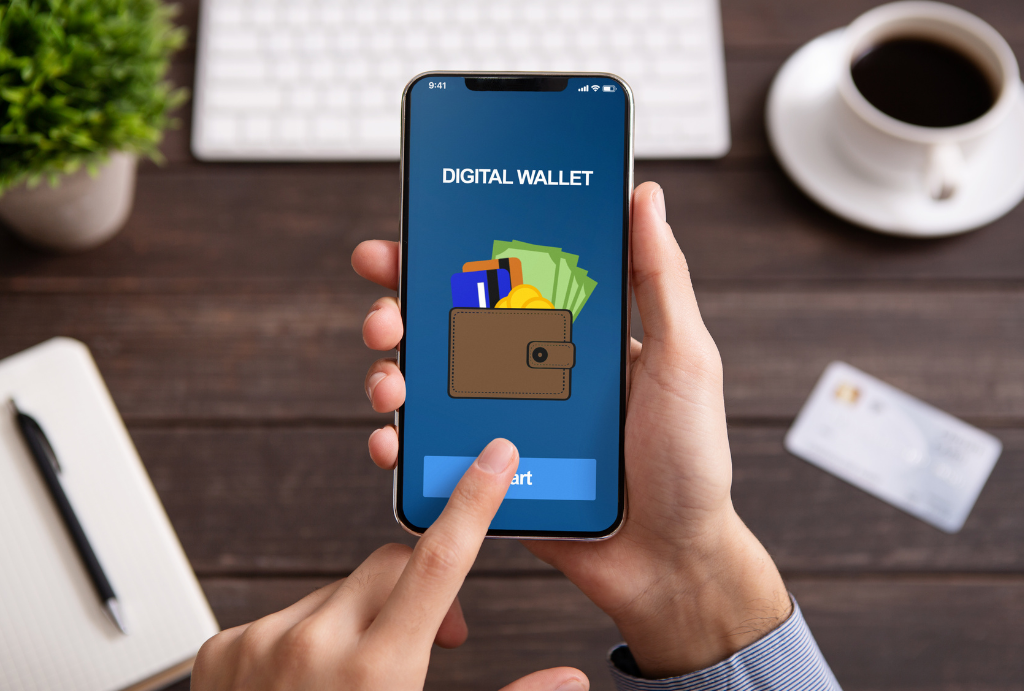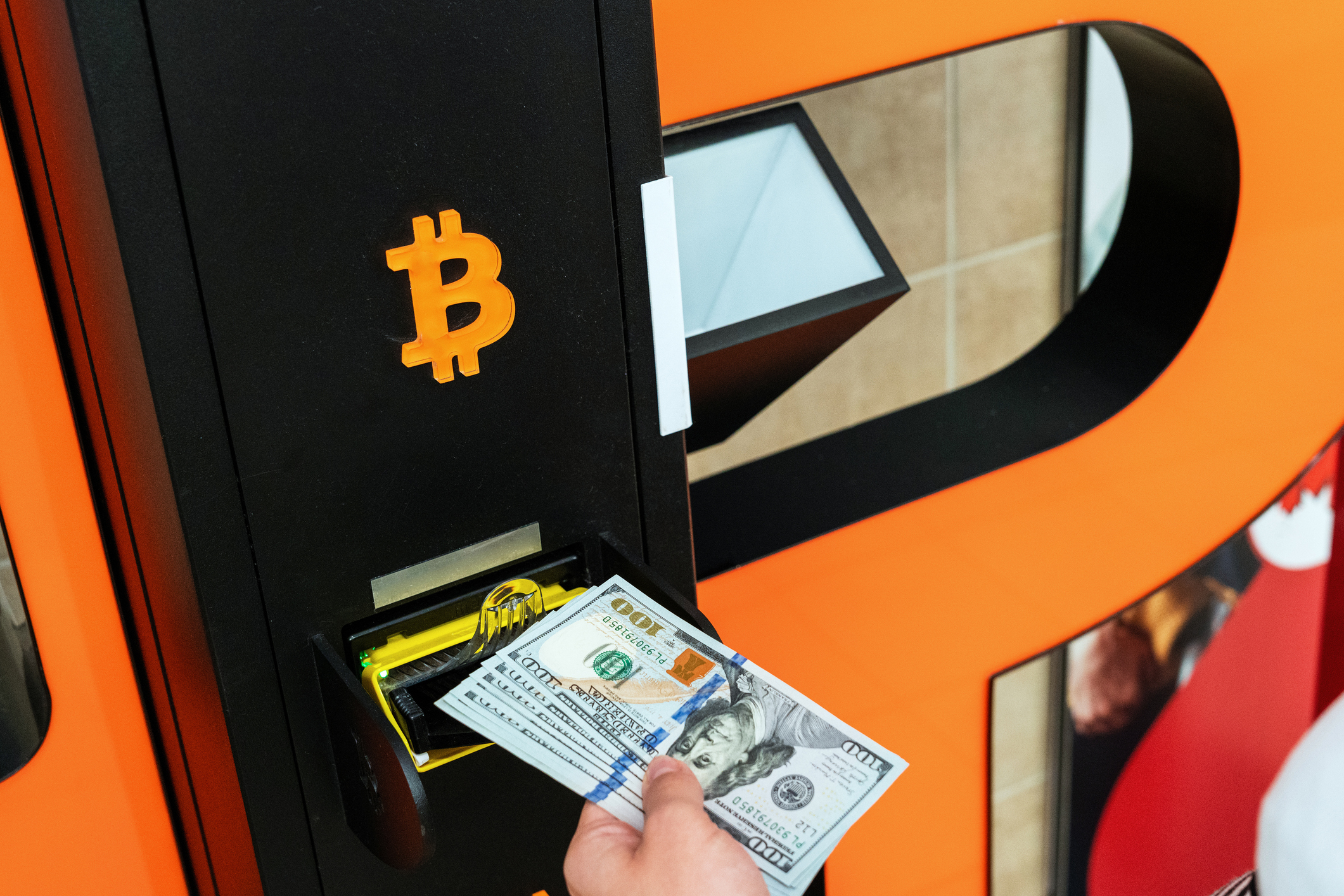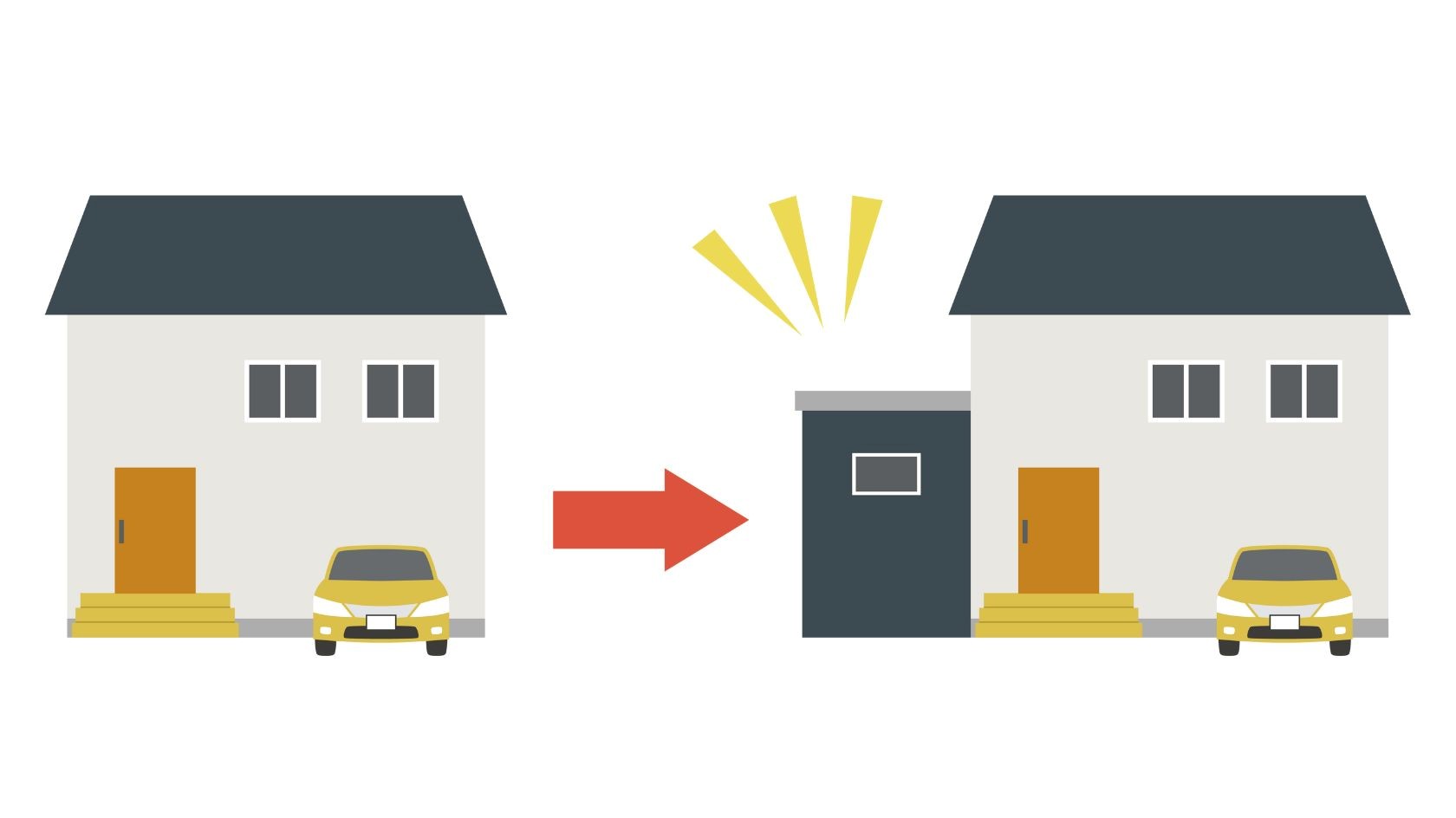Manage your banking accounts with confidence
Get banking advice, watch video tutorials and use our calculators to learn how you can make smarter decisions for your future.
- Article
- Calculator
- Video
- Podcast
- Credit Cards
- Online & Mobile Banking
- Security & Fraud
- Financial Wellness
- Checking
- On-Demand Webinars
- Personal Banking
- Business Banking
- Mortgage & Home Equity
- Savings & Retirement
- Loans
- Insurance
Sorry, there are no resources that match your filter selection.
To get more results, try changing or removing your filters.
